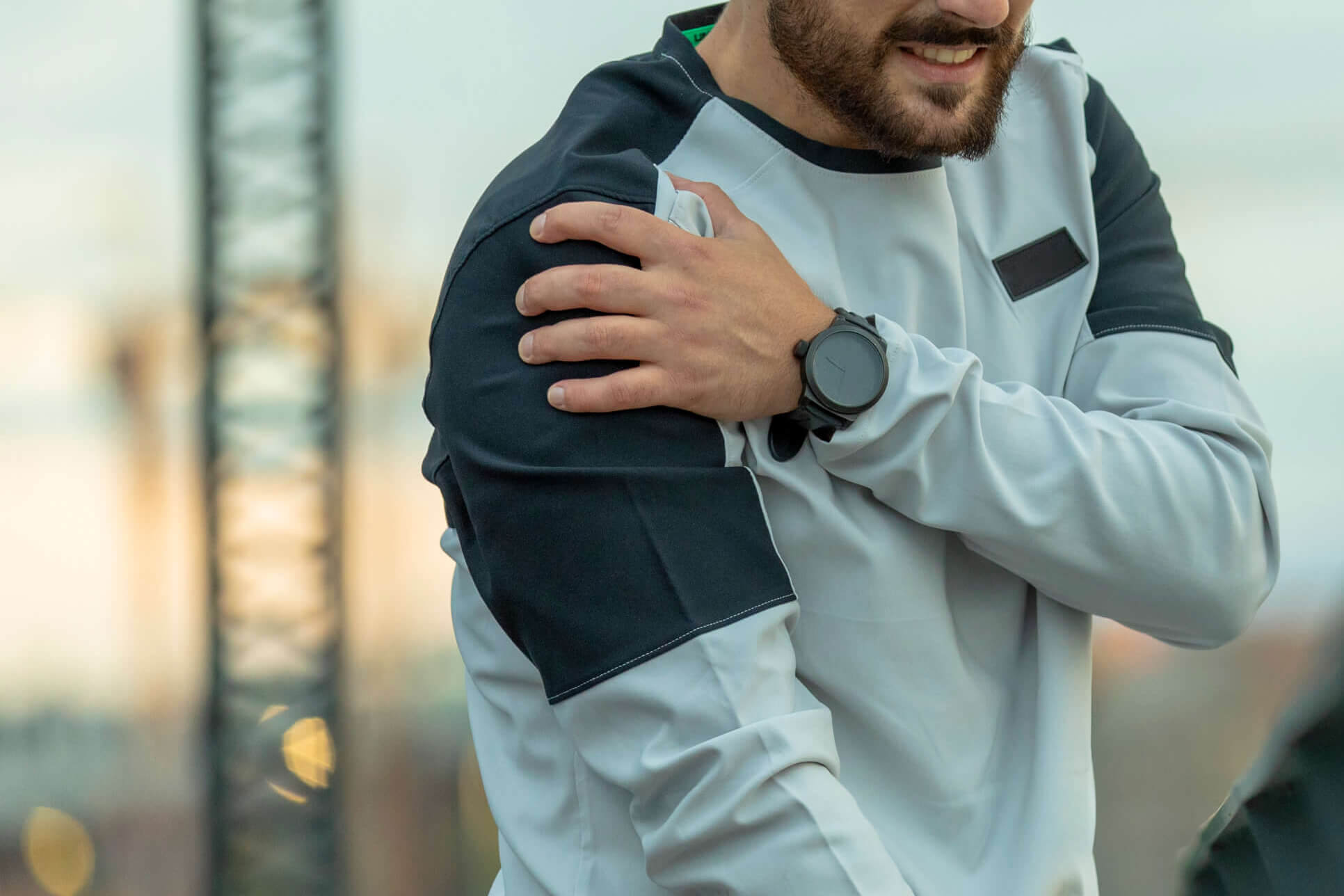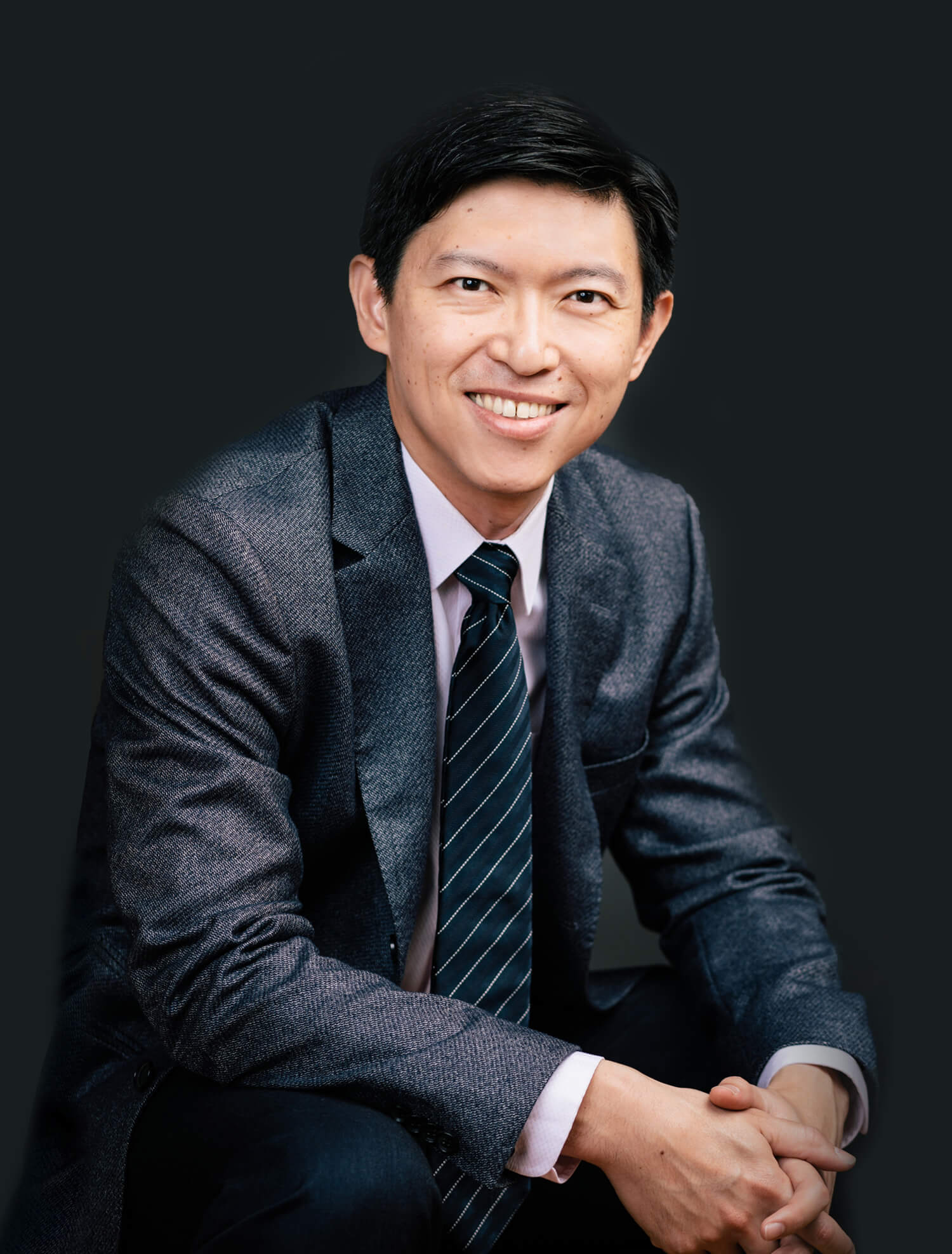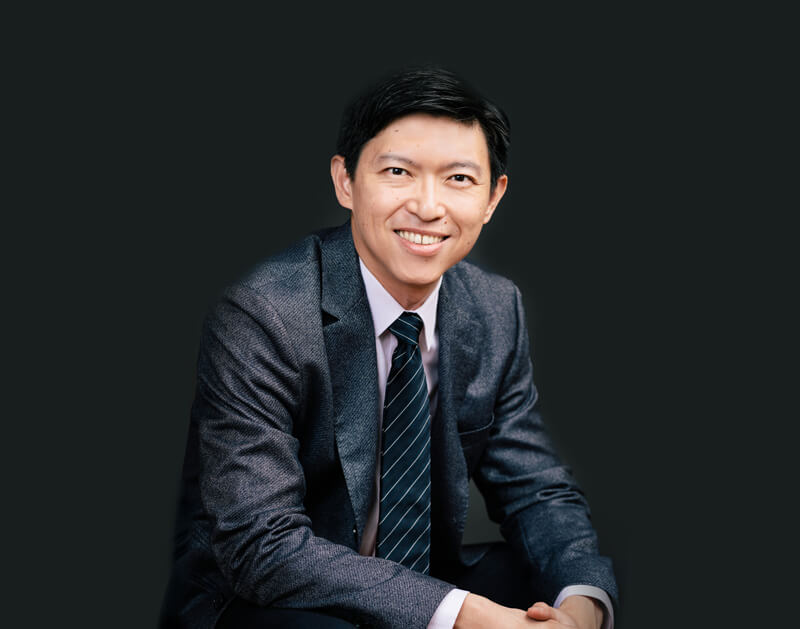What Is A Rotator Cuff Repair?
A rotator cuff injury occurs when the tendons that comprise the rotator cuff experience a strain or a tear. It can either stem from repetitive stress to the tendon tissue in the shoulder, resulting in wear and tear, or a sudden shock to the shoulder joint, resulting in an injury. Rotator cuff injuries predominantly affect middle-aged and older individuals.
A rotator cuff repair is a surgery to repair an acute rotator cuff injury caused by a torn tendon in the shoulder. The most common surgical procedure is arthroscopic tendon repair. Other procedures that are usually performed on more severe injuries include open tendon repair, tendon transfer and shoulder replacement.
When Should You Do A Rotator Cuff Repair?
Certain groups of individuals are more prone to rotator cuff injuries due to the type of sports they play, the nature of their work and a multitude of other factors, even the way that they sleep, according to rotator cuff specialist Dr K.L. Ong.
Sports that demand large and repetitive movements of the shoulder joint include swimming, baseball, tennis and golf.
Jobs that require repetitive overhead motions such as a painter or a carpenter also place substantial stress on the shoulder joints, increasing the risk of a rotator cuff injury.
The optimal treatment depends on the severity of your injury, among other factors. Minor rotator cuff injuries are often characterised by a dull ache in the shoulder. These can be treated with rest, ice and therapy.
As your body naturally heals, the pain gradually recedes and eventually goes away altogether. During therapy, your physiotherapist will tailor exercises to target your specific area of injury. These exercises help to strengthen the muscles surrounding the tendon tissue and build flexibility.
Over-the-counter (OTC) pain relievers such as ibuprofen and acetaminophen could also be useful in reducing discomfort. In slightly more serious cases, you could take steroid injections to ease the pain. However, they may exacerbate the tendon’s weakness and reduce the success rate of a potential surgery. Persistent use of steroids is not encouraged and caution should be exercised.
However, these remedies do not suffice for severe rotator cuff injuries. If you have been experiencing severe or prolonged pain for more than six months, your orthopaedic shoulder specialist would advise you to go for surgery. This is especially so if you require the active use of your shoulder for daily activities, such as sports and work.
You should consult your physician for a rotator cuff repair if you experience one or more of the following symptoms:
- Reluctance or difficulty in exercising your shoulder due to discomfort.
- Pain in the shoulder that interferes with daily activities such as cooking and jogging.
- Pain in the shoulder when performing overhead motions and heavy lifting.
- Reduced range of motion in your shoulder joint, accompanied by severe pain for extreme movements.
How To Prepare For Rotator Cuff Repair
Before your surgery, the doctor will first obtain a thorough diagnosis of your condition. The primary tests are done by applying pressure on different parts of your shoulder, gently moving it into different positions and rotating it. This is to determine the degree of pain and the exact site of pain, which will then determine the surgical location and size of the incision.
You should, if possible, pinpoint the specific area of pain to your doctor, its severity, the movements that induce and relieve pain, as well as numbness in your arm, if any.
X-ray tests will also be administered to provide a comprehensive and clear view of your shoulder joint. It also tests for indicators for other possible causes of pain. For instance, a bone spur suggests arthritis. Other tests include ultrasound, an electrocardiogram (EKG), and a complete blood count (CBC), each for a different purpose.
Meanwhile, you should also avoid movements that further strains the injured area, such as heavy lifting and overhead ball sports. It is paramount to visit a doctor immediately after a severe injury, as surgery has the greatest effectiveness on fresh injuries (and less so for chronic illnesses).
On The Day Of Surgery
Basic pre-operative tests will be performed on the day of the surgery to ensure fitness for the procedure. These include a temperature check, a pulse check, a blood pressure test and an oxygen level test.
You will either receive general anaesthesia, usually through an IV drip attached to your arm, or regional anaesthesia. General anaesthesia induces unconsciousness during the length of the procedure, while regional anaesthesia only numbs your arm and shoulder.
The most common form of surgery, also known as an arthroscopic tendon repair, involves the surgeon making a few tiny incisions at the site of the injury. One is used to insert a camera, while others are used for the insertion of medical instruments to reposition and connect your tendon to your bone from where it was torn. Then, sutures are attached to the tendon, which are fastened to suture anchors that are in turn attached to the bone. As such, the tendon is rejoined to the bone.
Open tendon repairs are performed when your surgeon has to remove calcium deposits or a bone spur. A bone spur is a bony projection that might exert pressure on surrounding nerves or tendons, thus causing pain.
After the surgery, your vitals will be monitored for a couple of hours. If there are no abnormalities, you will be briefed on post-surgical care and discharged, all within the span of a few hours.
Recovery and Rehab For Rotator Cuff Repair
Usually, your surgeon will instruct you to wear a sling or a shoulder immobilizer for four to six weeks post-surgery. This is to prevent excessive movement and to keep your arm stable and close to your body.
Physical therapy is a beneficial and paramount post-surgical activity. It strengthens the muscles in your shoulder through specific exercises tailored to your injury. Proper therapy, coupled with ample rest, catalyzes the recovery process. A full recovery takes anywhere from three to six months, depending on the severity of your injury, your age, whether you are a smoker, your body’s healing capacity and a multitude of other factors.
Long Term Outlook For Rotator Cuff Repair
Studies have shown that surgery is very effective at reducing pain induced by rotator cuff injuries and improving shoulder mobility. Although recurrent tears might grow in size, they are usually painless and do not compromise shoulder function. However, the site of injury might experience protracted soreness or a lack of strength. This improves with time and therapy.
Meanwhile, you should provide your shoulder with a sufficient amount of rest and refrain from engaging in strenuous sports that require a wide range of motion from the rotator cuff. In addition, extra precaution should be taken in exercising your shoulder joint if you have already injured your rotator cuffs in the past.



